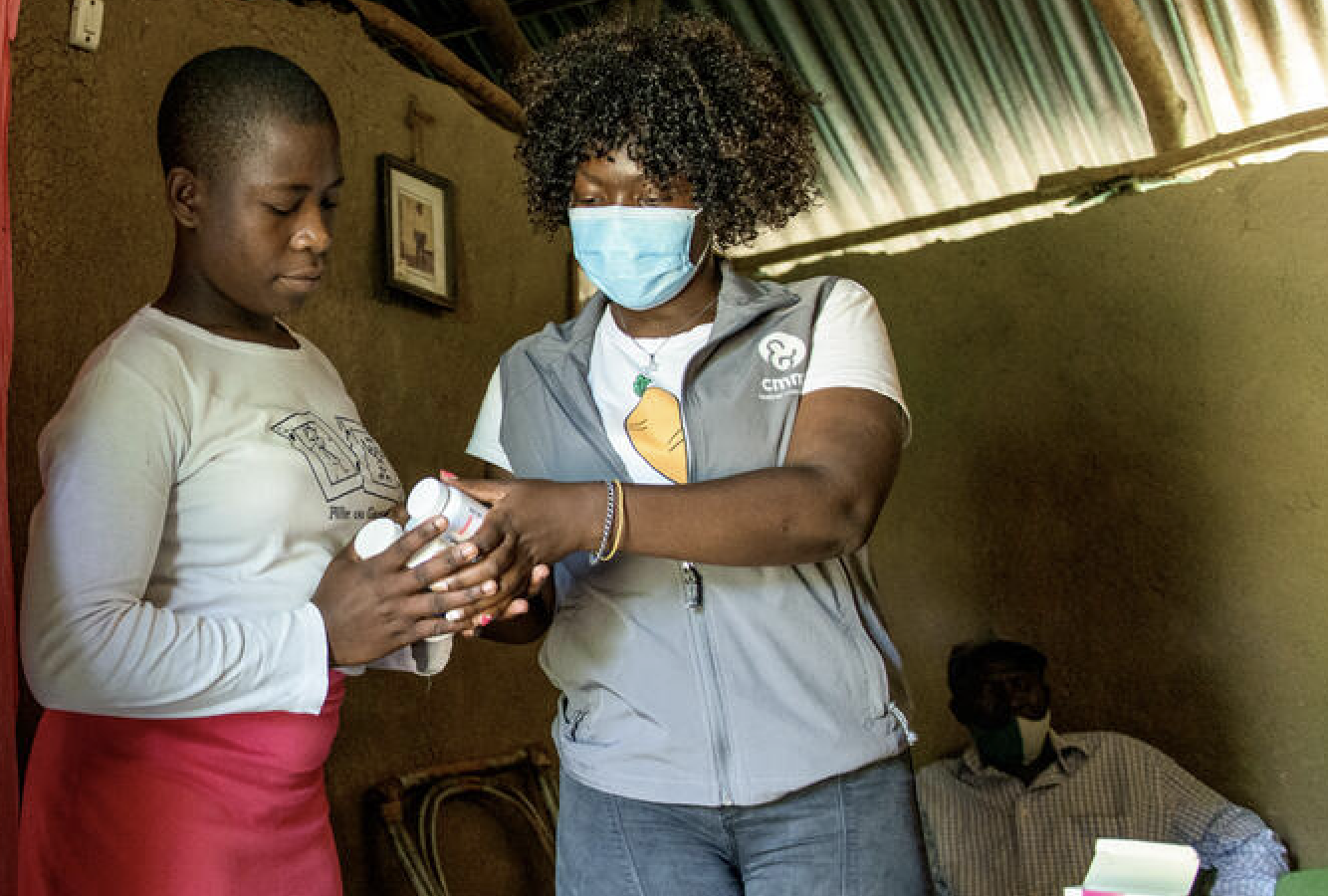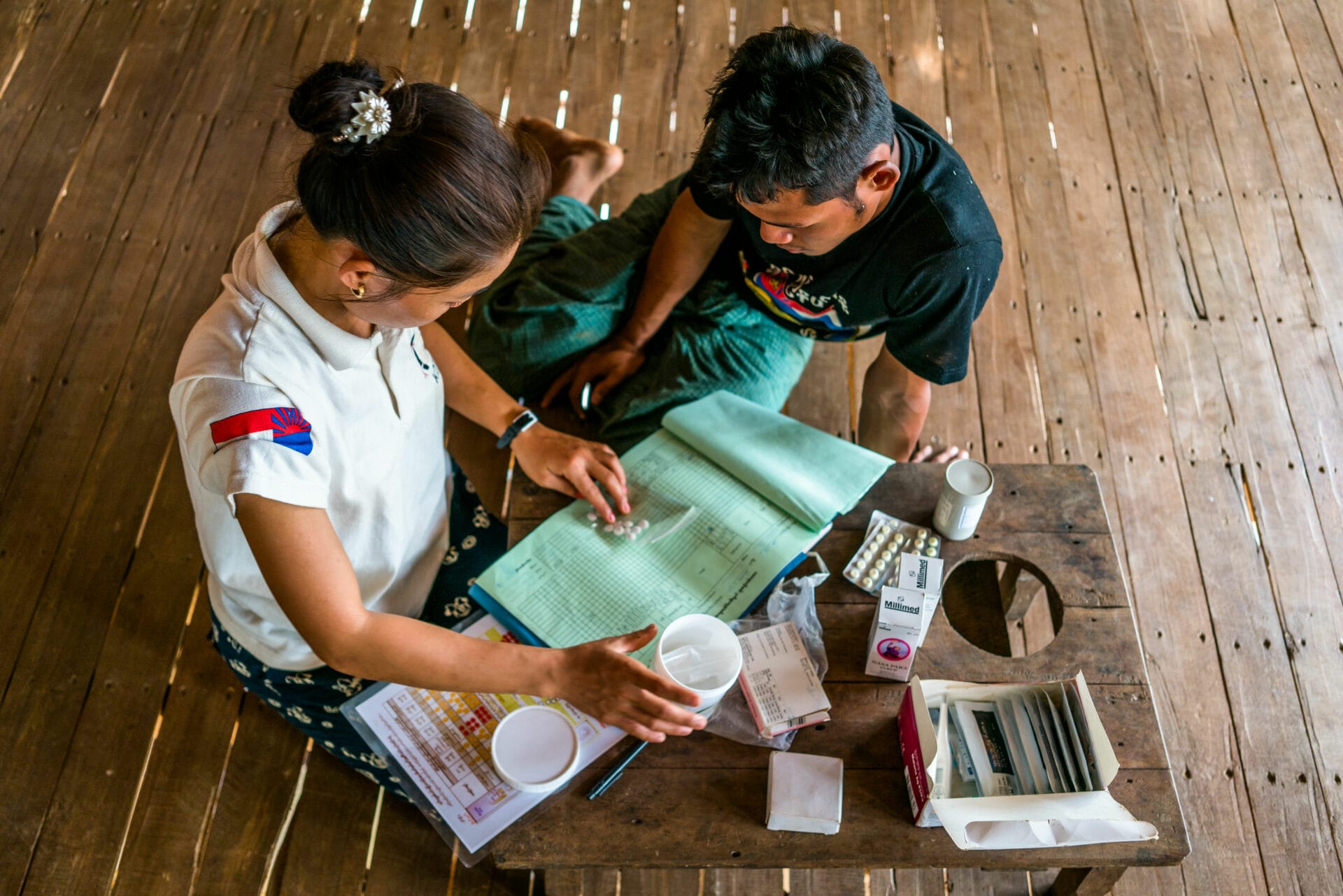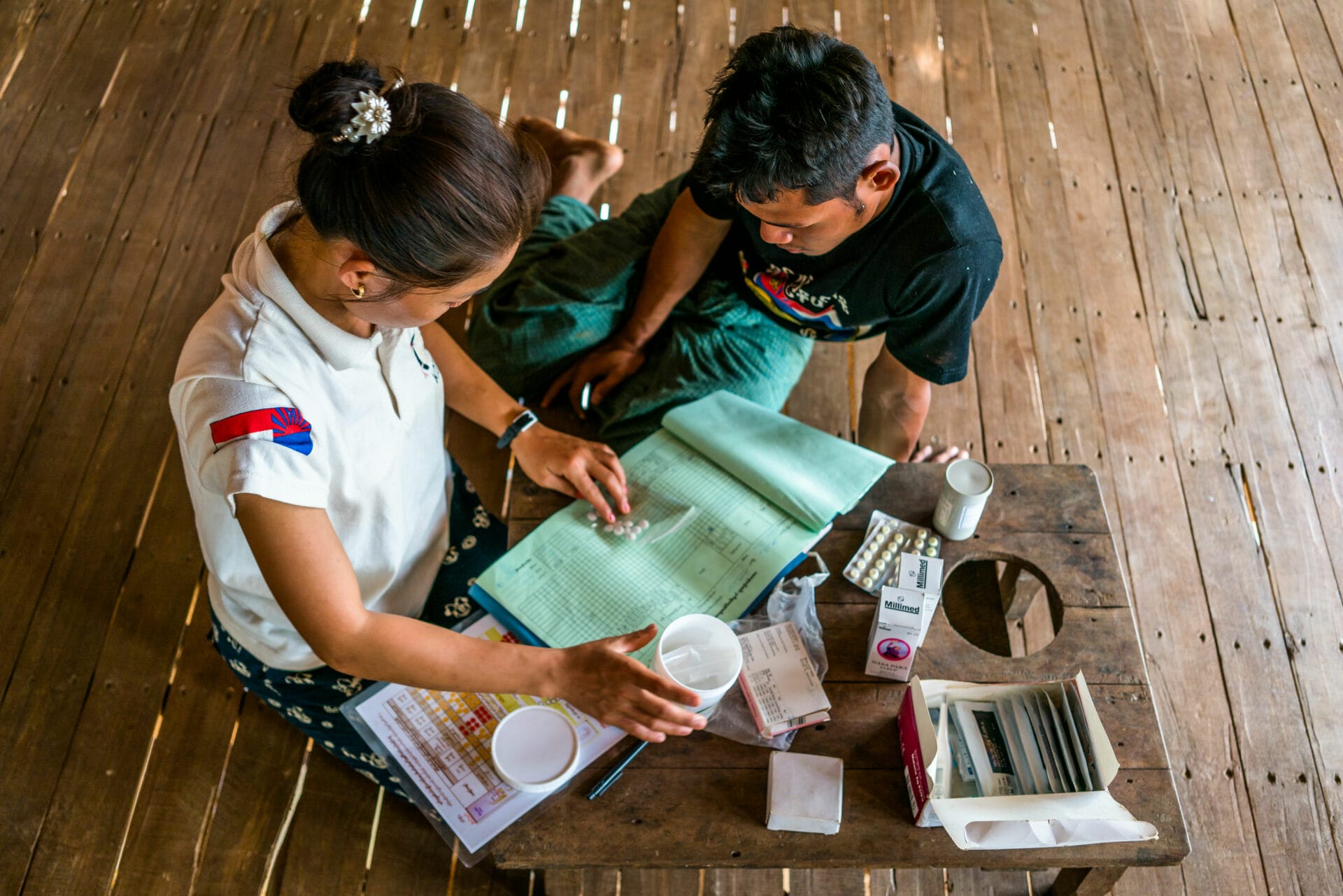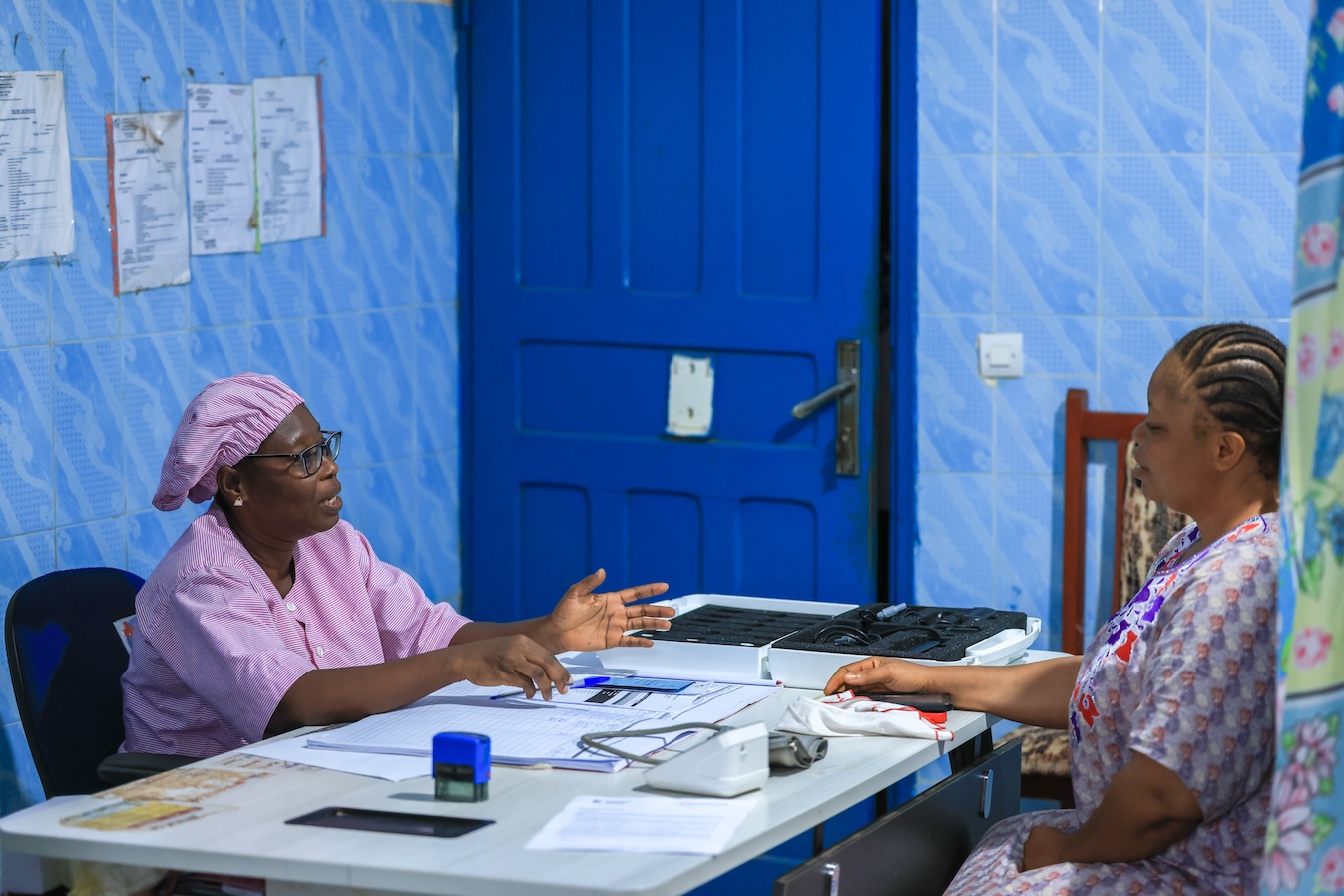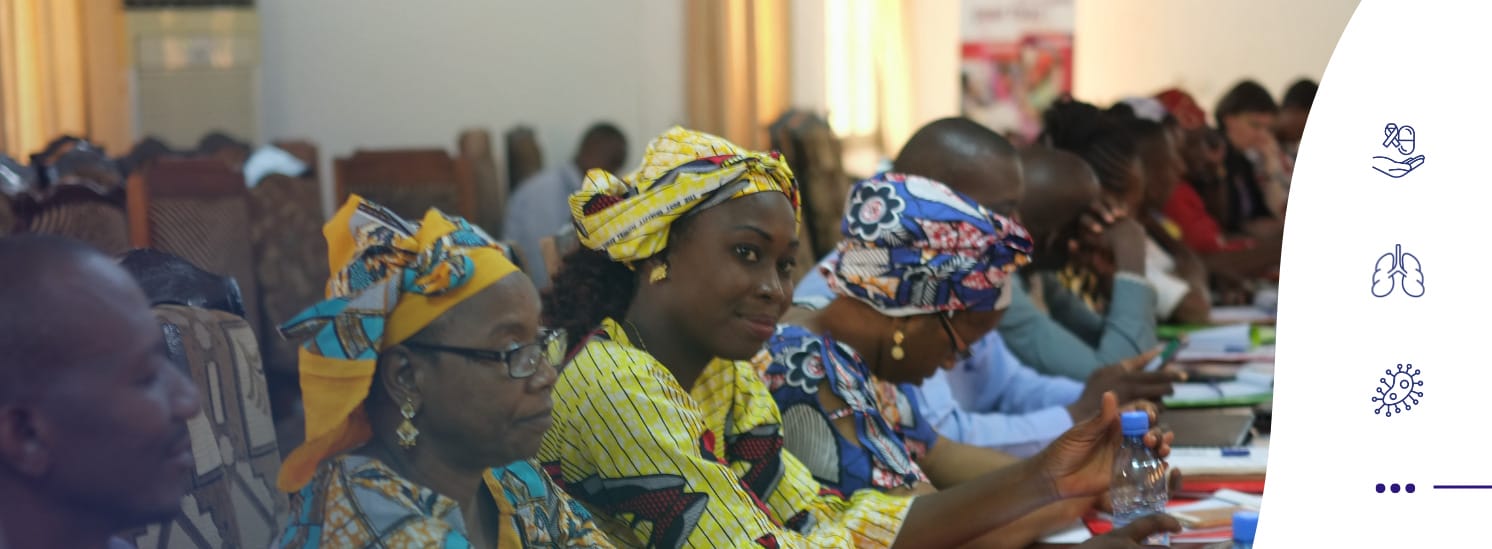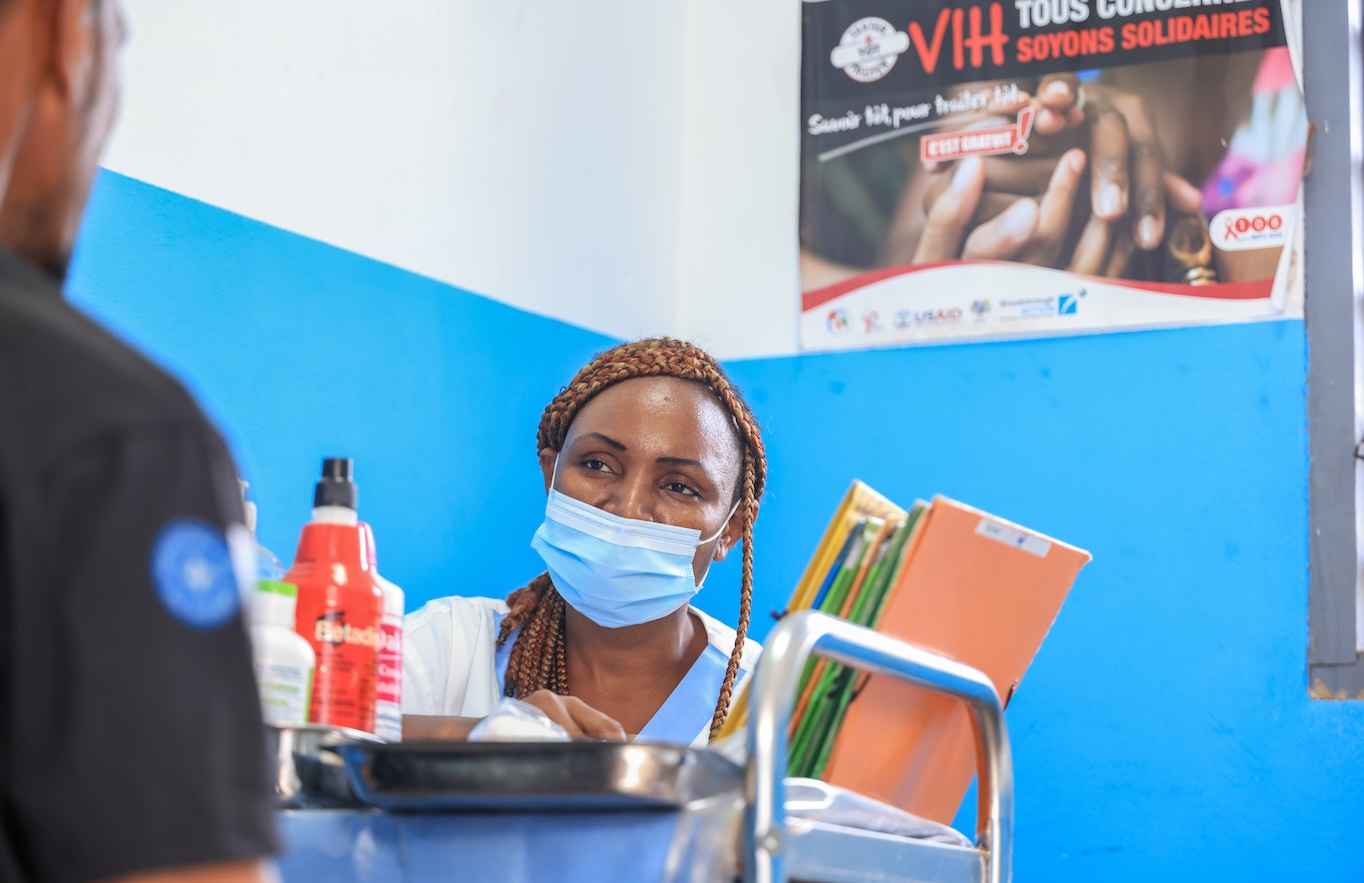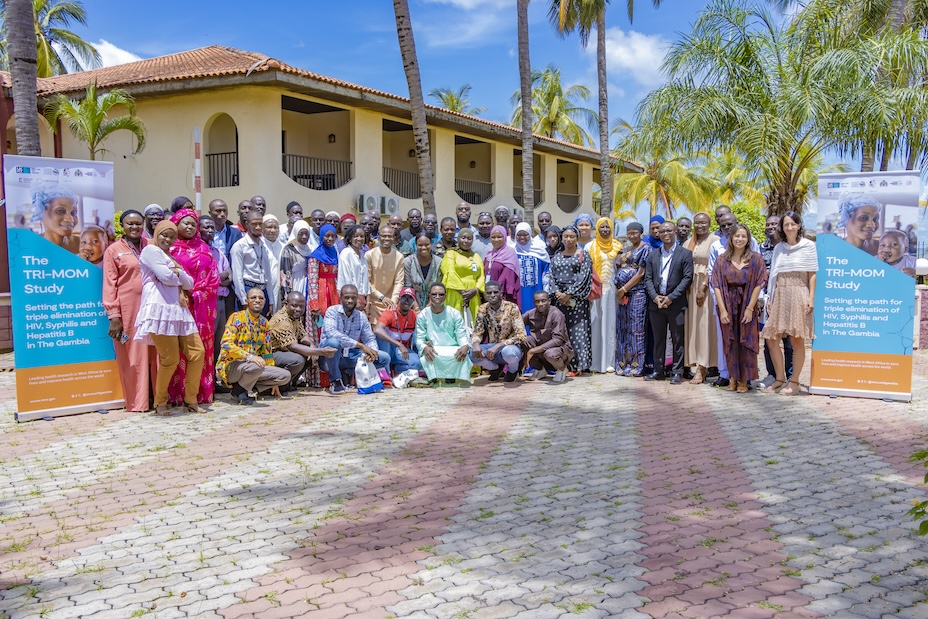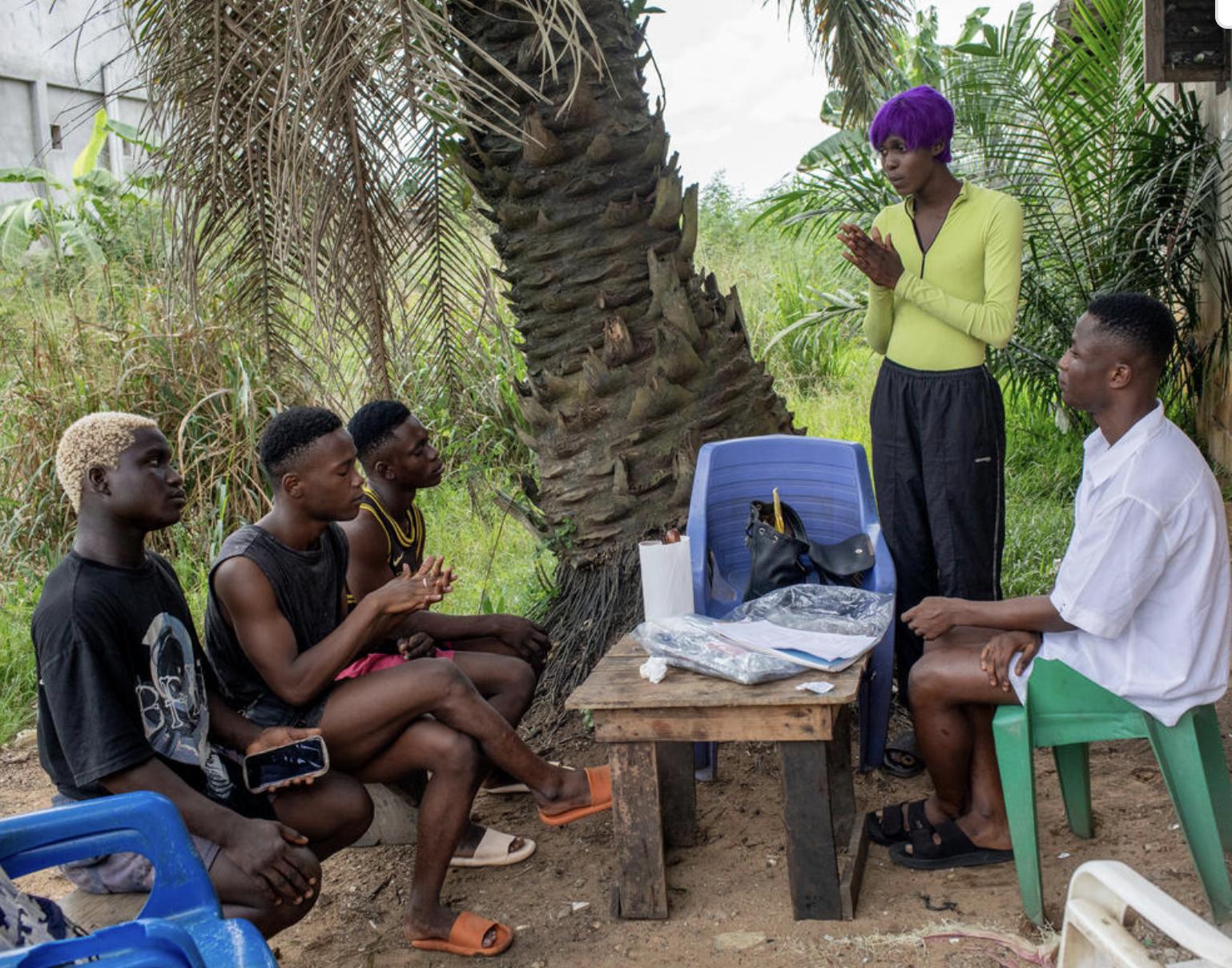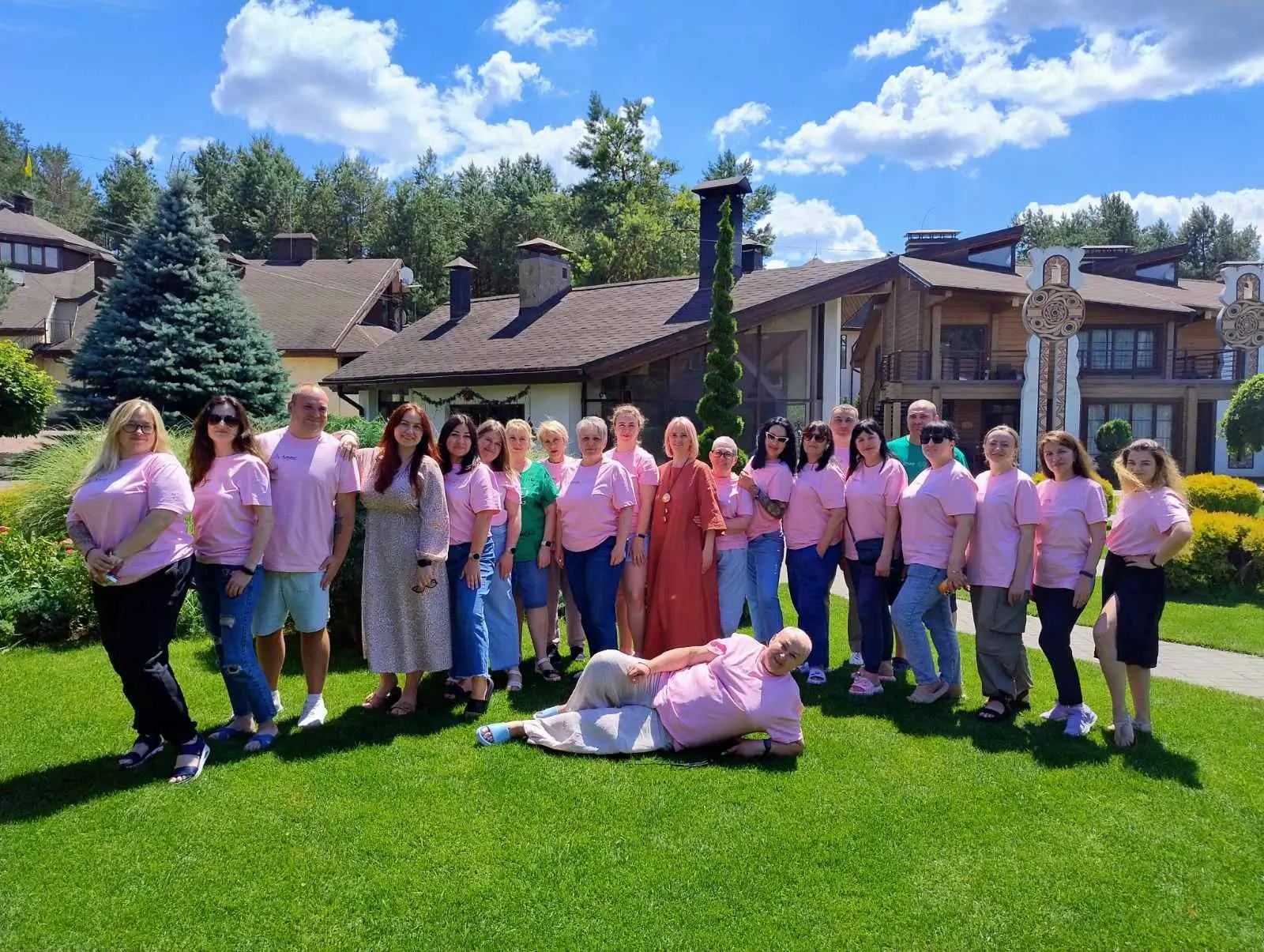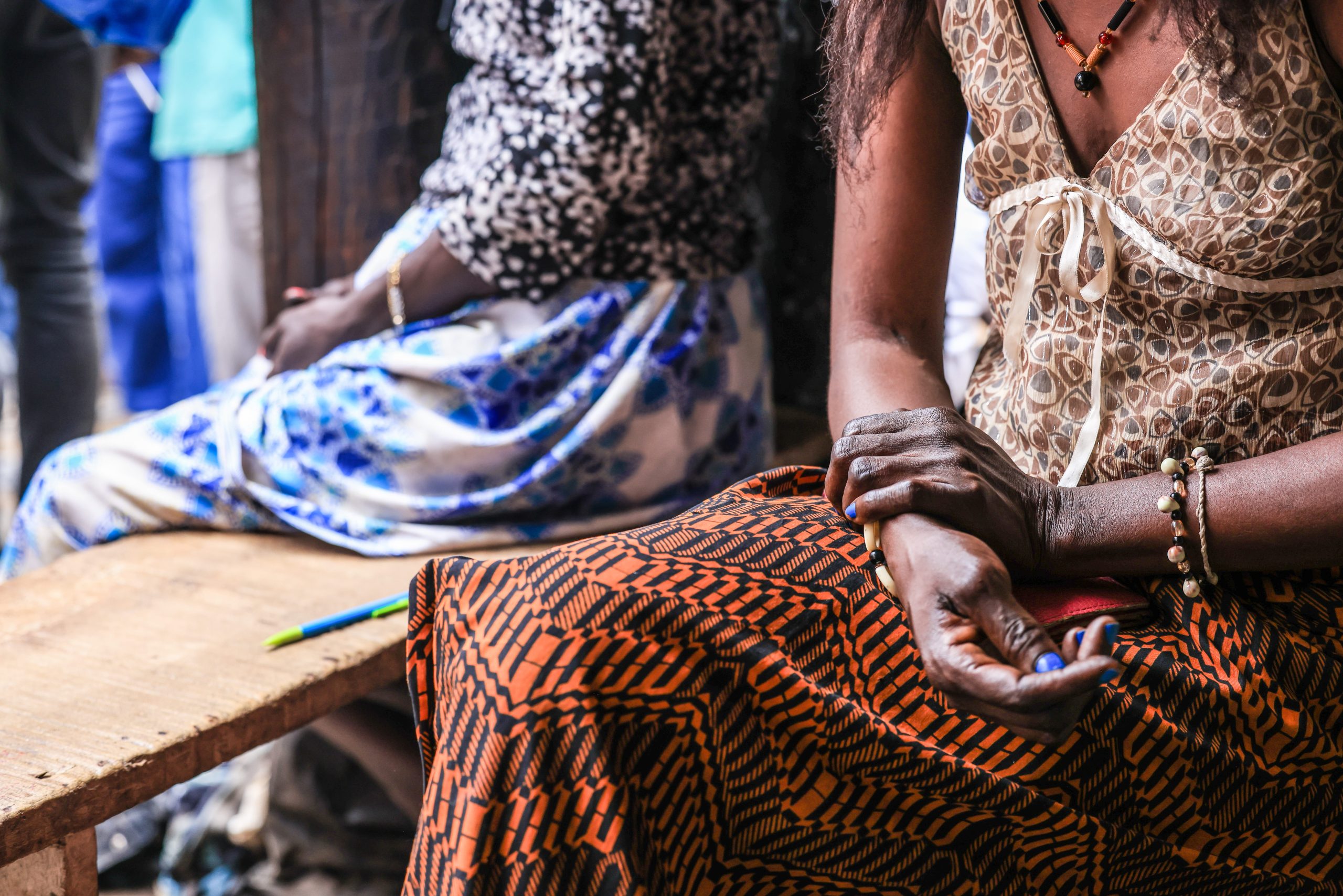Sidaction: “2030 must be a true milestone in the eradication of HIV”
On the occasion of World AIDS Day 2024, Hélène Roger reaffirmed the association’s commitment to eradicating the pandemic by 2030. The Director of Sidaction’s Analysis and Advocacy Division highlighted critical issues such as pediatric HIV and the need to strengthen advocacy efforts. She also discussed the longstanding collaboration between Sidaction and L’Initiative, emphasizing their shared goal of enhancing the impact of actions in the fight against HIV.
What message does Sidaction convey for World AIDS Day 2024?
Hélène Roger : Nous voulons remobiliser sur les questions de lutte contre le sida. L’épidémie est encore là, elle existe toujours. Si nous baissons les bras aujourd’hui, nous renonçons à y mettre fin d’ici à 2030. Nous ressentons un essoufflement sur les questions liées au VIH. Il faut que 2030 soit un vrai rendez-vous dans l’éradication du VIH.
How does Sidaction commit to achieving this goal?
Hélène Roger: We want to provide those involved in the fight against AIDS with the means to take action. To do this, we are mobilizing around the issue of funding, whether through the Global Fund or public development aid. We are also focusing on topics such as the management of pediatric HIV in French-speaking Africa to reduce the epidemic among children and young people. In addition to financial support for field activities, we are also working on developing advocacy to bring these issues to the political level. Advocacy is based, in particular, on capitalizing on best practices and knowledge from field projects to share them with public authorities and inform public policies and national strategies.
You sit on the steering committee of L’Initiative. What is your role?
Hélène Roger: Since 2015, I have been serving on the steering committee of L’Initiative as a representative of civil society. Sidaction provides expertise on HIV-related issues, as well as on sexual and reproductive health and rights, the situation of children, adolescents, and young people living with HIV, and more broadly on the representation of affected individuals.
Within the steering committee of L’Initiative, we review and provide feedback on projects submitted through calls for proposals. Civil society has three votes, distributed among six organizations (three primary members and three alternates), and we pay particular attention to the inclusion of beneficiaries in the programs. We also focus on human rights and governance issues. We participate in work at several levels, whether it’s addressing the strategic priorities of L’Initiative, in line with France’s global health strategy, or improving the framework to make it clearer and more efficient, particularly on technical and specific issues related to the access modalities of calls for proposals. Sidaction shares its expertise as a donor in managing these calls for proposals.
Sidaction also proposes projects to L’Initiative, either through calls for proposals or via L’Accélérateur. Of course, to ensure there are no conflicts of interest, I step out of the committee when discussing our projects. We go even further by not participating at all when projects being selected include themes for which we submitted our own project.
Can you tell us about one of the significant projects carried out by Sidaction with the support of L’Initiative?
Hélène Roger: I will return to the issue of pediatric HIV. Prevention, testing, and care are significantly delayed in French-speaking Africa. We were supported by L’Initiative for the “Passerelles” project dedicated to pediatric HIV. We structured a group of young ambassadors in the region, supported by the associations in the “Grandir Ensemble” network. They are mobilizing for their rights and to participate in decision-making processes on issues that concern them, thereby strengthening their leadership. The goal is for them to be better and more fully included in public policies to ultimately improve young people’s access to HIV prevention and care services.
How would you describe the work of L’Initiative?
Hélène Roger: L’Initiative is attentive to civil society organizations. There are genuine discussions when we share our expertise and raise points of concern or issues drawn from our field experience. Furthermore, L’Initiative has a deep understanding of the challenges surrounding HIV, as well as tuberculosis and malaria, in the countries impacted by its funding. It consistently strives to improve the quality and relevance of its actions. We work together constructively and in a climate of trust.
